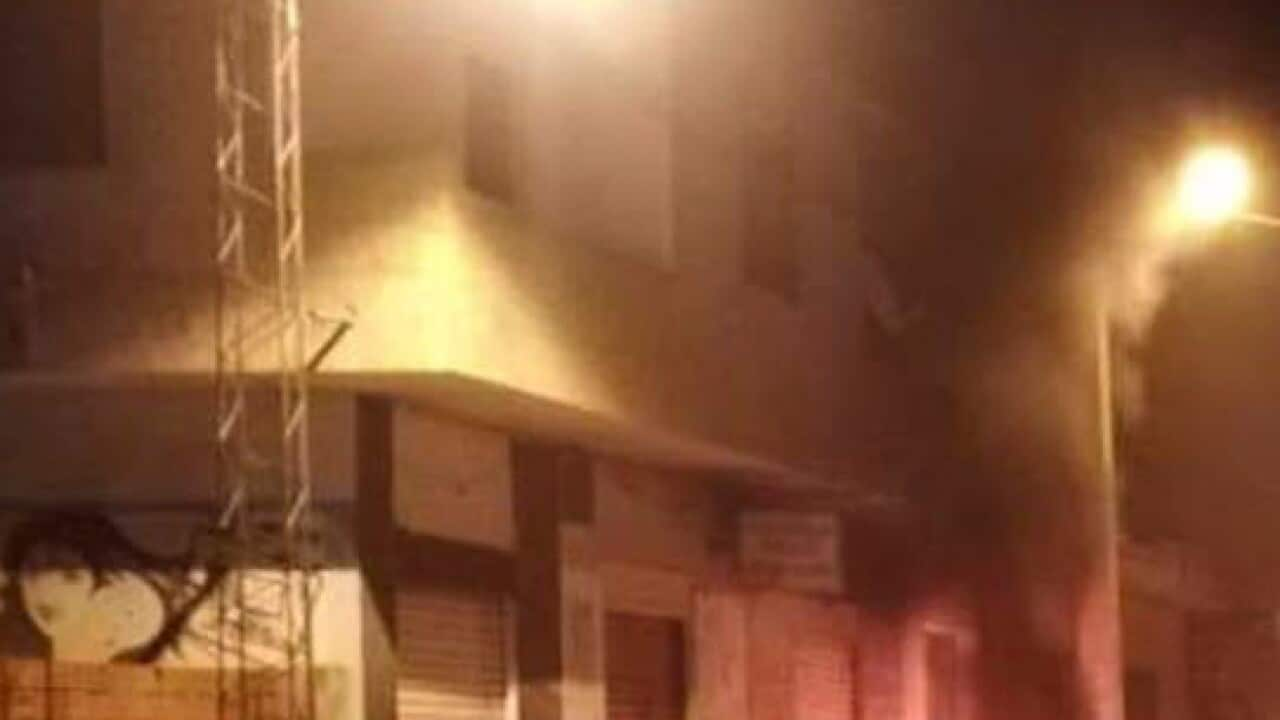Tunisian security forces on Tuesday fired tear gas at protesters in the western city of Kasserine following the funeral of a journalist who had set himself on fire over harsh living conditions.
Abdel Razaq Zorgi, a 32-year-old journalist, died late Monday.
His death sparked protests in the city after dark and clashes overnight with police who fired tear gas at dozens of people who had set tyres ablaze and blocked the main street.
Six members of the security forces were injured and nine protesters were detained, interior ministry spokesperson Sofiane al-Zaq said Tuesday.
After a brief morning calm, protesters were back on the streets of Kasserine in the afternoon after Zorgi's funeral.
They clashed with police outside the governor's office, an AFP correspondent said.
Police again fired tear gas at the protesters to disperse them.
Authorities also deployed reinforcements on the main streets of Kasserine, 270 kilometres from the capital Tunis.
"For the sons of Kasserine who have no means of subsistence, today I start a revolution. I am going to set myself on fire," Zorgi said in a video published before his death.
Both the interior ministry and the National Union of Tunisian Journalists confirmed his death.
The union said he died protesting "difficult social conditions... and a lack of hope", and that it was considering organising a general strike in the media sector.
It was the self-immolation of a street vendor in Tunisia in late 2010 in protest at police harassment that sparked Tunisia's revolution and the Arab Spring uprisings across the rest of the region the next year.
Kasserine was one of the first cities to rise up after the vendor's death, in protests that saw police kill demonstrators.
The unrest quickly spread across the country and led to the overthrow of long-time dictator Zine El Abidine Ben Ali.
Despite the country's democratic transition after Ben Ali's ouster and a recent return to economic growth, authorities are still struggling to improve poor living conditions.
Inflation fueled by the devaluation of the Tunisian dinar and persistent unemployment sparked protests across the country last January.
Share


